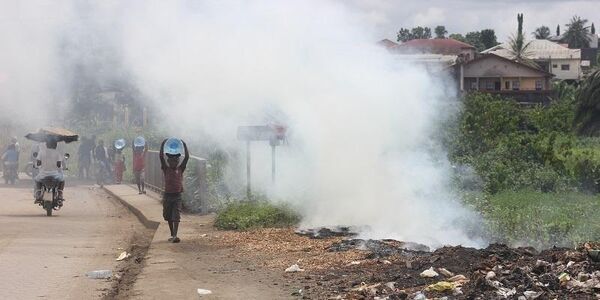
The burning question at the heart of global waste
Up to one billion tonnes of solid waste is being openly burned worldwide each year and risks the health of “tens of millions of people”, according to a review of the latest scientific evidence.

Up to one billion tonnes of solid waste is being openly burned worldwide each year and risks the health of “tens of millions of people”, according to a review of the latest scientific evidence.

University of Leeds research has shown how microbubbles carrying powerful cancer drugs can be guided to the site of a tumour using antibodies.
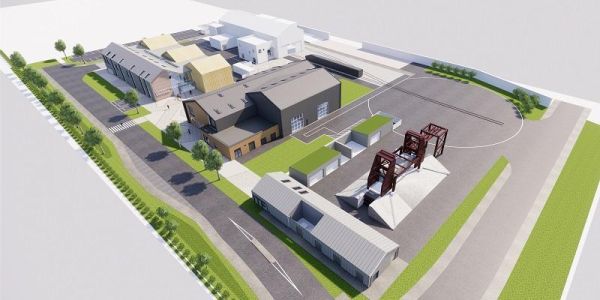
Rail industry and civic leaders are urging the Government to accelerate construction of an advanced rail Institute that would provide a “...game-changing opportunity for the UK”.

The benefits of giving chemotherapy before surgery to bowel cancer patients will be further explored in a new £3.4 million trial, one of three awarded regional funding.

The University is to help spearhead a national programme of technological revolution backed by the UK Space Agency.

The University of Leeds has secured funding to help two large industrial sectors make the transition to a greener, more sustainable future where they reduce waste, energy and pollution.
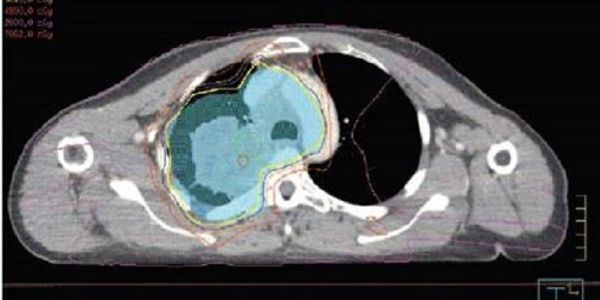
Scientists have been awarded £900,000 from Cancer Research UK to launch a groundbreaking clinical trial for people with lung cancer.
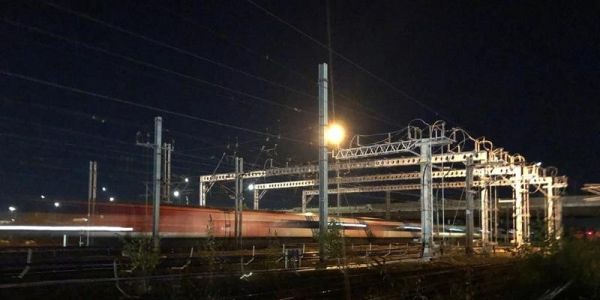
An outline £10 million co-investment agreement has been signed by the University of Leeds and the companies involved in the power supply upgrade of the East Coast Main Line.

Bonfire Night celebrations contaminate our air with hugely elevated amounts of soot, scientists have discovered.
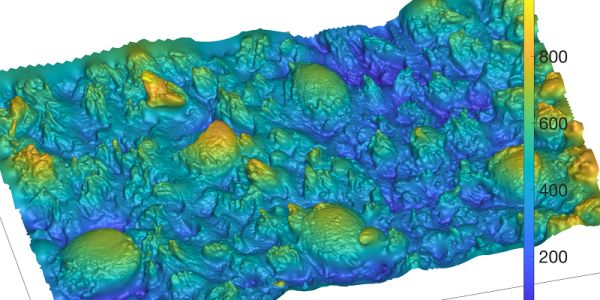
Scientists have created synthetic soft surfaces with tongue-like textures for the first time using 3D printing.